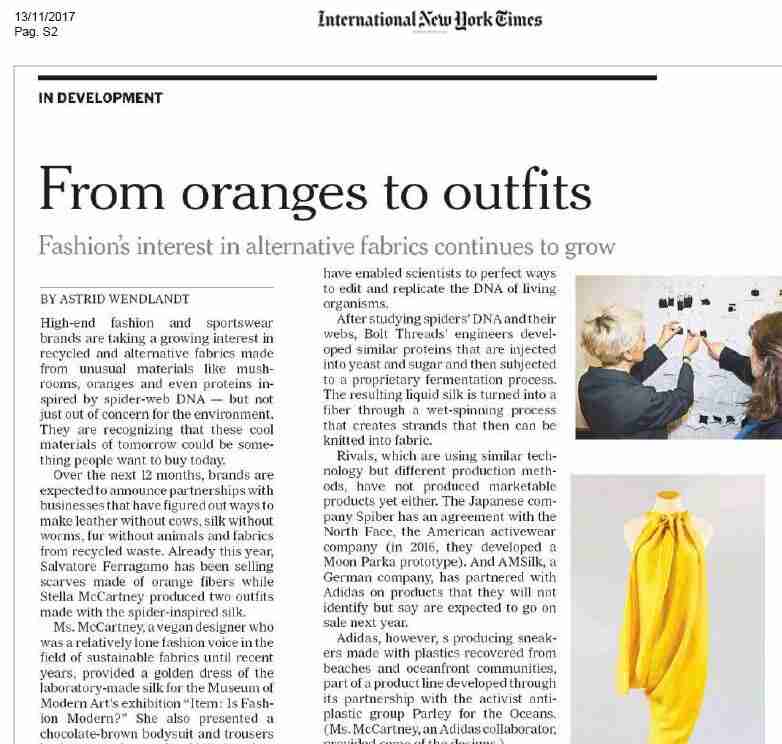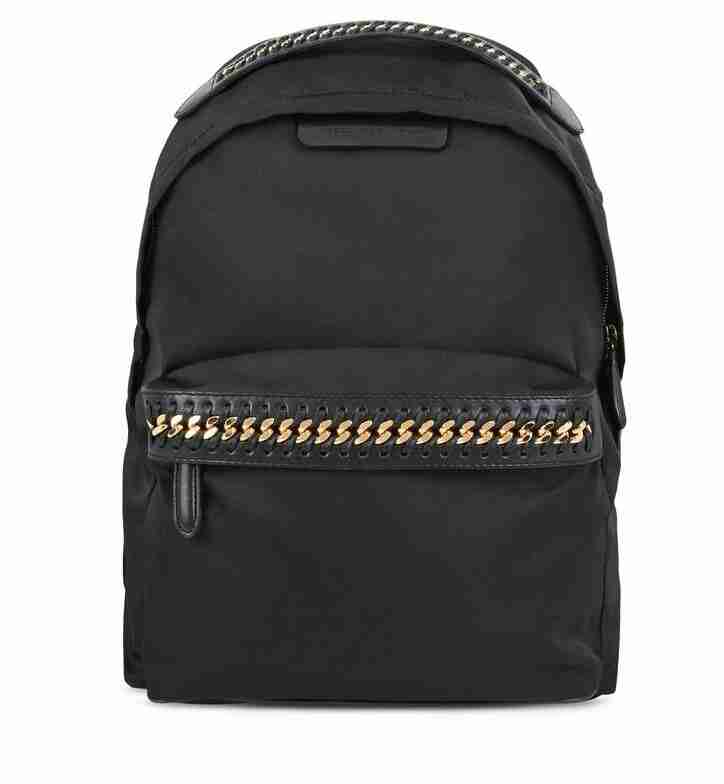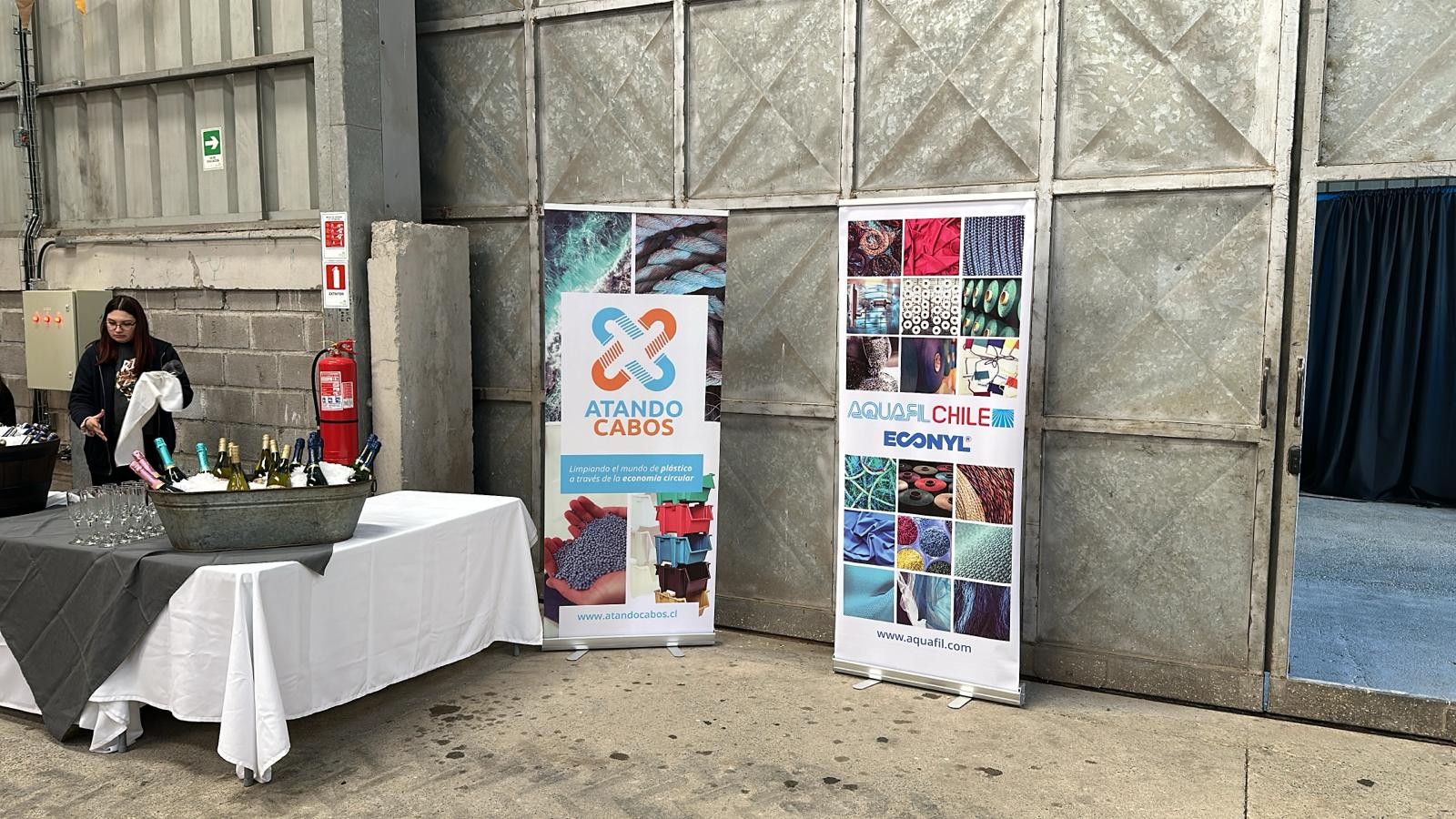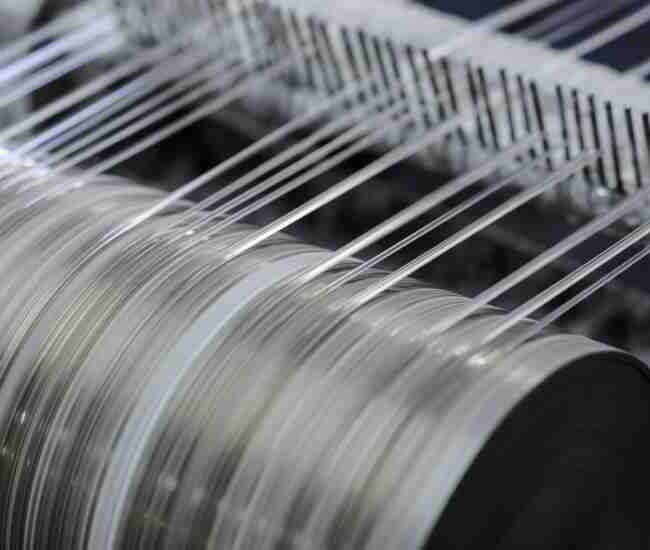From oranges to outfits. New York Times International Edition.
New York Times International Edition 13/11/2017 BY ASTRID WENDLANDT p. S2
Fashion’s interest in alternative fabrics continues to grow
High-end fashion and sportswear brands are taking a growing interest in recycled and alternative fabrics made from unusual materials like mushrooms, oranges and even proteins inspired by spider-web DNA – but not just out of concern for the environment. They are recognizing that these cool materials of tomorrow could be something people want to buy today. Over the next 12 months, brands are expected to announce partnerships with businesses that have figured out ways to make leather without cows, silk without worms, fur without animals and fabrics from recycled waste. Already this year, Salvatore Ferragamo has been selling scarves made of orange fibers while Stella McCartney produced two outfits made with the spider-inspired silk. Ms. McCartney, a vegan designer who was a relatively lone fashion voice in the field of sustainable fabrics until recent years, provided a golden dress of the laboratory-made silk for the Museum of Modern Art’s exhibition “Item: Is Fashion Modern?” She also presented a chocolate-brown bodysuit and trousers backstage at her spring 2018 show last month during Paris Fashion Week. (…) In addition to bio-fabricated materials, the Stella McCartney brand and its founding partner, the luxury group Kering, are investing in ways to recycle fashion items and use fewer resources, such as water. Ms. McCartney’s Falabella Go bags are made of recycled polyester and Econyl, a nylon produced from recycled fishing nets, carpets and other such waste, manufactured by the Italian company Aquafil.
To read the news: https://www.nytimes.com/2017/11/12/style/alternative-fabrics-sustainability-recycling.html






